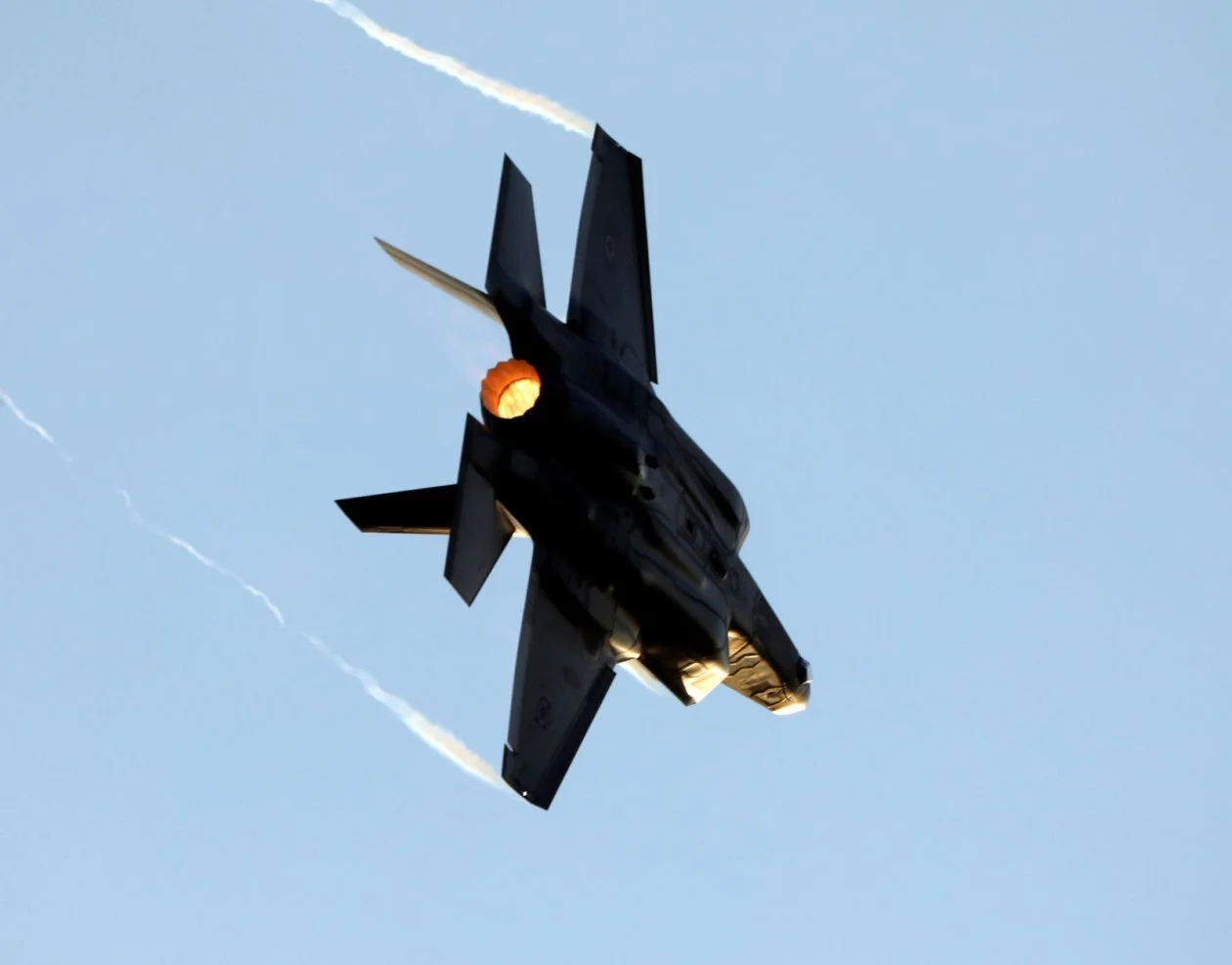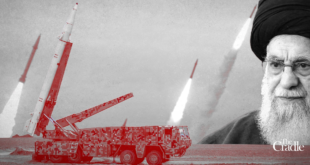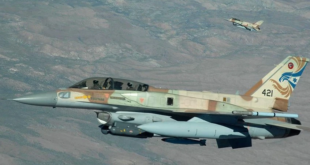
Israel is trying to make sure that Iran never gains a strong and permanent formal foothold in Syria.
Israel just sent a message to Iran that its entrenchment is unacceptable in Syria. Israel launched airstrikes on Iranian Islamic Revolutionary Guard Corps (IRGC) Quds Force members in Syria. The strikes came after Israel found and revealed an improvised explosive device in the Golan Heights in mid-November. The airstrikes were aimed at hitting not just those locals who Israel alleges Iran recruited to plant the devise, but also to hit IRGC facilities at Damascus International airport and elsewhere.
Israel says that the incident was similar to an August 2 similar incident in the Golan Heights. Israel has controlled this area since the 1967 was and the Trump administration recognized it as part of Israel. The Syrian regime has long vowed to reclaim the Golan and is hostile to Israel, but the regime has also known since the 1970s that it cannot defeat Israel in a conventional war. The civil war in Syria after 2011 weakened the country’s military and Iran and Iranian allies like Hezbollah have taken advantage of Syria’s position.
Iran and Hezbollah have vowed to strike at Israel. Hezbollah accused Israel of killing one of its members in Syria in July and has said it has a right to strike at Jerusalem. Iran has also indicated it could use Syria as a launchpad for strikes. For instance, it has used Syria to fly drones into Israeli airspace in February 2018 and also to fire salvos of rockets in 2018. In the fall of 2019, Israel struck a team preparing to use drones against Israel near the Golan. Israel also launched a military operation to uproot Hezbollah tunnels in the last weeks of 2019.
All this paints a picture of Iranian entrenchment in Syria. Iran is a key ally of the Syrian regime and has signed multiple agreements with the regime, even hinting it could export its 3rd Khordad air defense system to Syria. Israel keeps saying that Iran must not “entrench.” Israel is conducting what it calls the “campaign between the wars” against Iran in Syria, launching more than 1,000 airstrikes on Iranian targets in the last five years. This campaign is waged with Israel’s latest technology, including precision missile strikes. Israel now has dozens of F-35s in two squadrons and has been conducting more drills with the United States, aimed at improving the interoperability of the advanced aircraft.
Iran’s confrontation with Israel is multi-layered, involving cyber warfare, and threats to Israel’s partners and allies, including Jerusalem’s new friends in the Gulf. On November 22 as Israeli Prime Minister Benjamin Netanyahu was flying back and forth for an unprecedented meeting with Saudi Arabia’s leadership, the Iranian-backed Houthi rebels in Yemen said they targeted Jeddah in Saudi Arabia. This was symbolic because it came amid the G20 which Riyadh was hosting. Iran has done this before, using proxies such as Iran’s Kataib Hezbollah in May 2019, and also using drones and cruise missiles against Abqaiq in Saudi Arabia in September 2019. It purposely activates allies to strike at the Gulf to send a message to the United States, Saudi Arabia and others in the region.
The issue now is the converging of several issues. Iran has new drone and missile technology, including reports that it has resumed work with North Korea on ballistic missile technology. It has launched a new warship, a kind of converted cargo ship, and it has been improving air defense and military satellites and radar. Now it is eyeing the end of the Trump administration to up pressure on Israel and the Gulf. Meanwhile the Gulf states, Bahrain and the United Arab Emirates (UAE), have been increasing ties and joint training with Egypt and Greece. Clearly a larger paradigm is emerging. Rapidly emerging ties between Israel and the UAE and Bahrain are underpinned by shared concerns about Iran as well as Turkey’s aggressive moves.
Israel’s messaging about Iran’s role in Syria was made clear in mid-November during the November 18 airstrikes. But the question is whether the airstrikes actually set back Iran’s strategy. Iran says it will retaliate with a “crushing reply.” News that the President-elect Joe Biden has tapped Tony Blinken as Secretary of State however may lead Iran to wonder if it should attempt a move before Trump leaves office or after. Tehran is not going to get a pushover administration in Washington, despite its boasts about having survived the Trump administration’s sanctions. It will also take time for it to recover from sanctions, even with trade with China, Russia or other countries. Israel hopes Iran go the message. In the long-term Israel has also supported F-35 sales to the UAE. Limited opposition in Congress and from a few voices, such as the Zionist Organization of America, may slow down the procurement of the advanced warplane to Abu Dhabi. Nevertheless, the overall posture, with America deploying B-52s to the Middle East on November 21, is that Iran is being told to be careful with its provocations.
 Eurasia Press & News
Eurasia Press & News



